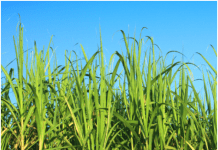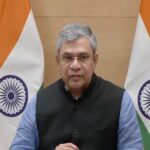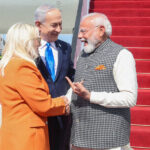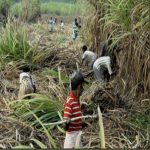Technological progress in BRICS countries is playing a transformative role in reshaping global agriculture and advancing sustainable farming practices, according to academic researcher Hossein Shirzad from Shahid Beheshti University.
As TV BRICS highlighted, BRICS nations are investing heavily in advanced agricultural technologies such as precision farming, biotechnology, and data-driven tools. These developments are leading to more efficient use of resources like water, fertilisers, and pesticides while reducing environmental damage and agricultural waste.
China, for example, is leveraging satellite technology and drone systems to monitor crops in real-time and fine-tune agricultural inputs, boosting productivity.
Meanwhile, Brazil’s success with genetically modified, pest-resistant soybean varieties has significantly increased crop yields. Such innovations are setting global standards for sustainable agriculture.
Shirzad noted that BRICS countries are not only strengthening their domestic agricultural capabilities but are also reshaping international food trade. Brazil has emerged as a key exporter of soy and beef, powered by its biotech advancements, while China continues to expand its dominance in the grain and vegetable markets.
These innovations are also spreading to other developing nations, fostering collaboration and knowledge transfer. The adoption of BRICS-driven agricultural technologies in various regions is helping build capacity and support food security on a broader scale.
Shirzad emphasised that BRICS is gradually establishing itself as a global leader in agritech. As BRICS+ expands its cooperative framework among emerging economies, its influence in shaping future agricultural trends is expected to rise.
Ultimately, BRICS’ commitment to innovation is driving a shift toward a more sustainable, multipolar, and tech-powered global food system, placing these nations at the heart of the next agricultural revolution.
The BRICS is a group formed by eleven countries: Brazil, Russia, India, China, South Africa, Saudi Arabia, Egypt, the United Arab Emirates, Ethiopia, Indonesia, and Iran. It serves as a political and diplomatic coordination forum for countries from the Global South and for coordination in the most diverse areas.
The objectives of BRICS include strengthening economic, political, and social cooperation among its members, as well as increasing the influence of Global South countries in international governance.

















